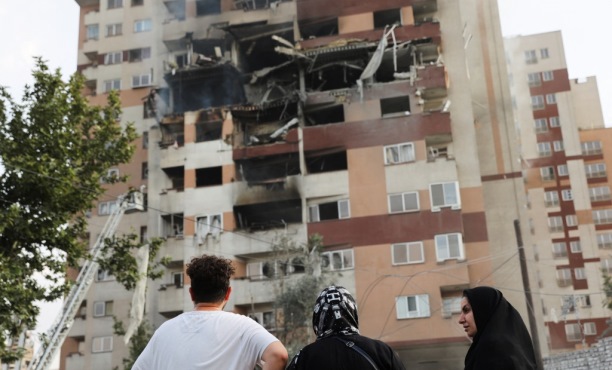Israel Prime Minister Benjamin Netanyahu has postponed a crucial cabinet vote to approve the Gaza ceasefire deal, citing Hamas’s last-minute demands for changes to the agreement.
This move has stirred up tensions in the region, delaying the implementation of the much-anticipated ceasefire.
US Secretary of State Antony Blinken has expressed optimism despite the delay, assuring that the loose ends are being addressed, and the ceasefire is still expected to commence as scheduled on Sunday.
His confidence hints at ongoing efforts to salvage the agreement amidst the evolving situation.
While Israel negotiators have greenlit the deal following extensive discussions, its execution hinges on the approval of the security cabinet and the government.
The intricate nature of the negotiations underscores the complexity of reaching a consensus amid conflicting interests.
Hamas’s position and additional demands
Despite Hamas signaling its commitment to the deal, reports suggest attempts to include additional members in the list of Palestinian prisoners slated for release under the agreement.
This development introduces a new layer of complexity to the already delicate ceasefire negotiations.
In the aftermath of the announcement, Israel airstrikes in Gaza led to a tragic loss of over 80 lives, intensifying the humanitarian crisis in the region.
The escalation in violence following the tentative agreement underscores the fragility of the situation on the ground.
Prime Minister Netanyahu’s accusations of Hamas attempting last-minute concessions strained the already tenuous relations between the parties.
The insistence on full acceptance of the agreement before convening the cabinet underscores the high-stakes nature of the ceasefire deliberations.
Amid reports of an impending cabinet meeting to finalize the deal, uncertainties loom over the extent of support within the Israeli government.
Security Minister Itamar Ben-Gvir’s threat to withdraw his party from the coalition reflects the deep-seated divisions over the ceasefire terms, adding a layer of political complexity to the situation.
Upholding commitment amidst mediation efforts
Despite internal deliberations, Hamas officials have affirmed their commitment to the mediated agreement, signaling a willingness to adhere to the proposed terms.
The engagement with mediators from Qatar and Egypt underscores a collective effort to navigate the complexities of the ceasefire negotiations.
The phased implementation of the ceasefire deal outlines a structured approach to address immediate humanitarian concerns, including the exchange of hostages and the withdrawal of Israeli troops.
The focus on restoring calm and facilitating aid delivery highlights a shared commitment to alleviate the suffering of affected populations.
Looking ahead, the final stages of the agreement pave the way for long-term reconstruction efforts in Gaza, emphasizing the importance of sustainable peace and stability in the region.
The envisioned roadmap underscores the arduous journey towards rebuilding trust and fostering lasting reconciliation among the parties involved.
Check also;
- Lebanon Ceasefire Is A Respite, Not Solution For Middle East
- Israel -Hezbollah Ceasefire Deal Agreed, Confirms Biden
Please use the button below to contribute to Newslex Point, Inc. using a credit card or via PayPal.

 Newslex Point News in Uganda, Uganda news
Newslex Point News in Uganda, Uganda news












